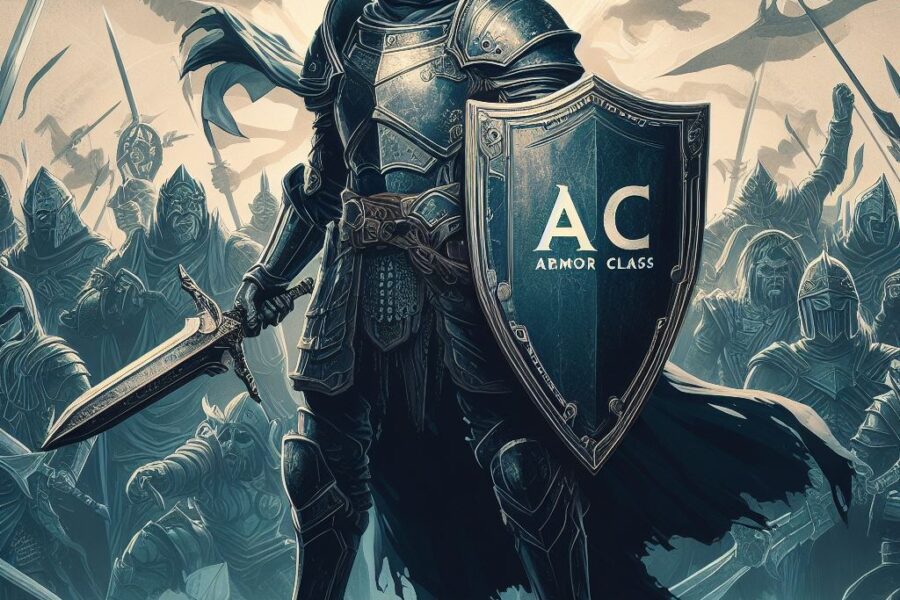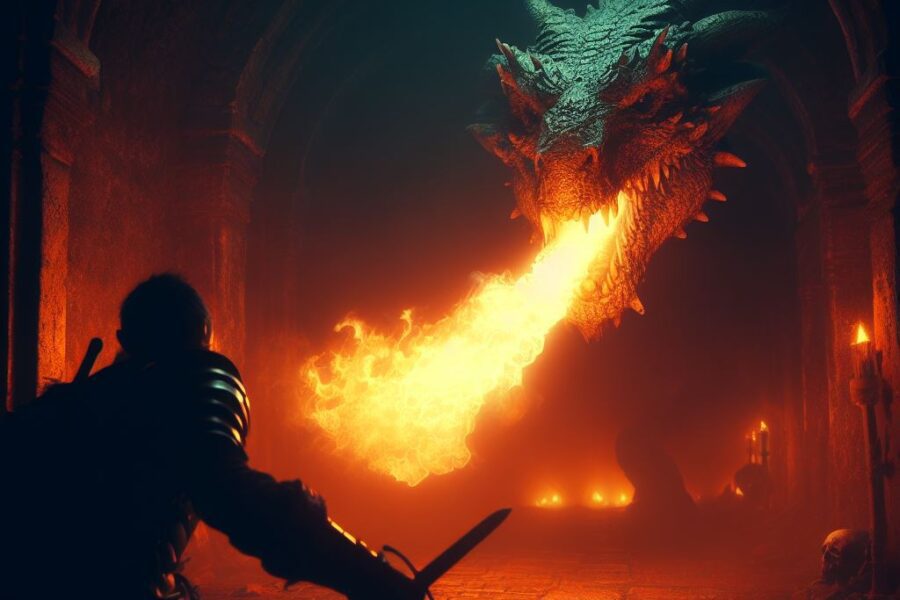
Dungeons and Dragons (D&D) is a game filled with characters where each class adds its own unique style and skills. Knowing how these classes work together can improve both gameplay and storytelling. In this article well check into the classes their traits and how they influence the game. Additionally we will touch upon stereotypes linked to each class and provide suggestions on how to break free from those stereotypes for a more enjoyable gaming experience.
Table of Contents
- Exploring Class Stereotypes
- Breaking the Mold
- Class Interactions and Party Dynamics
- Frequently Asked Questions
- Conclusion
Exploring Class Stereotypes
In Dungeons and Dragons class stereotypes can influence how players perceive and enjoy the game. While these stereotypes can be amusing sticking to them too much may restrict character growth and imagination. Well explore the classes and their typical stereotypes while suggesting ways to depict them in more depth.
The Blood Hunter
The Blood Hunter class, known for its vibe, adds a sense of gloom and intensity to the gameplay. Typically depicted as characters driven by vengeance or sorrow Blood Hunters often follow storylines that feel somewhat predictable.

The Healer
Healers, usually represented by clerics, are seen as the foundation of the group. Although this role offers aid they may find themselves pigeonholed into a role that emphasizes healing and assistance. Additionally they might be depicted as excessively selfless or consistently upbeat.

The Fighter
Fighters are typically perceived, as simple damage dealers lacking in depth. This perception can result in gameplay as fighters may end up resorting to repetitive moves without any progression in their character arcs.

The Paladin
Paladins are often seen as “champions of light” who uphold justice. Yet their strong sense of morality can sometimes cause tensions with team members. The image of a paladin as strictly adhering to a code of conduct may overshadow their ability to be multifaceted and nuanced.

The Ranger
Rangers are seen as adaptable individuals capable of scouting leading and safeguarding their group. While this holds true they sometimes get typecast as the solitary nature enthusiast which can restrict their engagement and impact within the team.

The Warlock
Warlocks often get a bad rap for being spellcasters who depend on their patrons for strength. This perception can oversimplify their depth as players might miss out on the intriguing histories and drives that can turn a warlock into an engaging character.

Breaking the Mold
To enhance the gameplay players should aim to step outside the boundaries of class archetypes. Here are a few suggestions for reinterpreting these roles.
- Blood Hunter: Instead of a revenge-driven character, consider a Blood Hunter who seeks redemption or strives to protect the innocent.
- Healer: Develop a healer with a dark past, perhaps struggling with their faith or morality, adding depth to their character.
- Fighter: Create a fighter with a complex backstory, such as one who grapples with the consequences of their violent past.
- Paladin: Play a paladin who questions their faith or struggles with the expectations of their order, leading to rich character development.
- Ranger: Instead of a solitary figure, portray a ranger who thrives on teamwork and seeks companionship within the party.
- Warlock: Explore the relationship between the warlock and their patron, creating tension and intrigue that enriches the narrative.
Class Interactions and Party Dynamics
Grasping the interactions between classes can greatly influence the gaming experience. This is an exploration of how diverse classes can synergize and improve group dynamics.
Supportive Roles
Classes such, as clerics and druids offer healing and support, enabling front line warriors to be bold. This dynamic fosters collaboration and thoughtful strategy during confrontations.
Damage Dealers
In combat scenarios warriors scouts and sneaky characters frequently assume the role of dealing out damage. Their capacity to cause harm can sway the outcome of a fight particularly when working in tandem with the spells of wizards or sorcerers.
Control and Utility
In games featuring wizards and sorcerers they have the ability to manipulate the battlefield using spells that impede foes or offer support. This influence can create opportunities for damage dealers to take advantage of.
Unique Class Combinations
Mixing character classes can result in interactions. For instance a paladin and a warlock could share a captivating bond centered around ethical conflicts and struggles for influence.
Frequently Asked Questions
What is the most versatile class in D&D?
The Druid class is seen as the most flexible choice because they can heal, use magic and shape shift into animals allowing them to adjust to circumstances.
How do I avoid stereotypes in my character?
To steer clear of clichés it’s important to develop a detailed background story, distinct character quirks and driving forces that extend beyond the usual norms. Get involved in interactive scenarios that highlight these elements.
Can I mix classes in D&D?
Absolutely! Multiclassing gives players the opportunity to blend elements from classes resulting in character combinations and skills that enrich the gaming experience.
What role should I play in my party?
Take into account the makeup of your group and identify any missing roles. Select a character class that enhances your teams strengths and compensates for its weaknesses ensuring a well rounded squad.
Conclusion
Embracing the variety of Dungeons and Dragons classes while stepping outside the box can result in a gameplay experience. By delving into the intricacies of each class and how they interact players have the opportunity to develop characters that add value to the groups dynamics. So grab those dice, unleash your imagination and set off on your journey!
If you’re looking for information, about Dungeons and Dragons here are some resources you can explore.






